Major U.S. airlines and aircraft manufacturers are rallying against new credit card legislation that could derail the entire aviation economy. The proposed amendment, embedded in a broader financial reform bill, aims to reduce transaction fees. However, it may unintentionally hit airline loyalty programs hard, shaking one of the most vital revenue pillars in the air travel industry.
These loyalty programs, tied closely to co-branded credit cards, power both customer retention and profit margins. Airlines depend on them as much as on ticket sales. By reducing swipe fees, the bill could make these programs unsustainable, leading airlines to cut back or end them. If that happens, frequent flyers lose benefits, and airlines lose billions in revenue.
Aircraft makers like Boeing and Airbus, along with unions and airline staff, fear the consequences. Without loyalty incentives, passenger numbers could drop. Airlines would respond by canceling orders, reducing flights, and laying off workers. The damage wouldn’t stop at airport gates. Tourism, hotel stays, rental cars, and restaurant businesses all rely on airline volume. A sudden drop in air travel demand would shake local economies, especially in regions where air service is limited.
The legislation, while good for retailers aiming to cut costs, poses real danger to jobs and investment. While merchants may save money, airlines claim that cost will come at the price of fewer routes and lost employment across sectors. The stakes rise as Congress considers the next move.
The debate around this credit card bill reveals how tightly woven financial services and travel have become. A disruption to one could quickly trigger problems in the other. With summer travel season peaking, the aviation industry urges lawmakers to reconsider before grounded rewards ground the economy.
Related stories:
Catch up on the top stories and travel deals by subscribing to our newsletter!

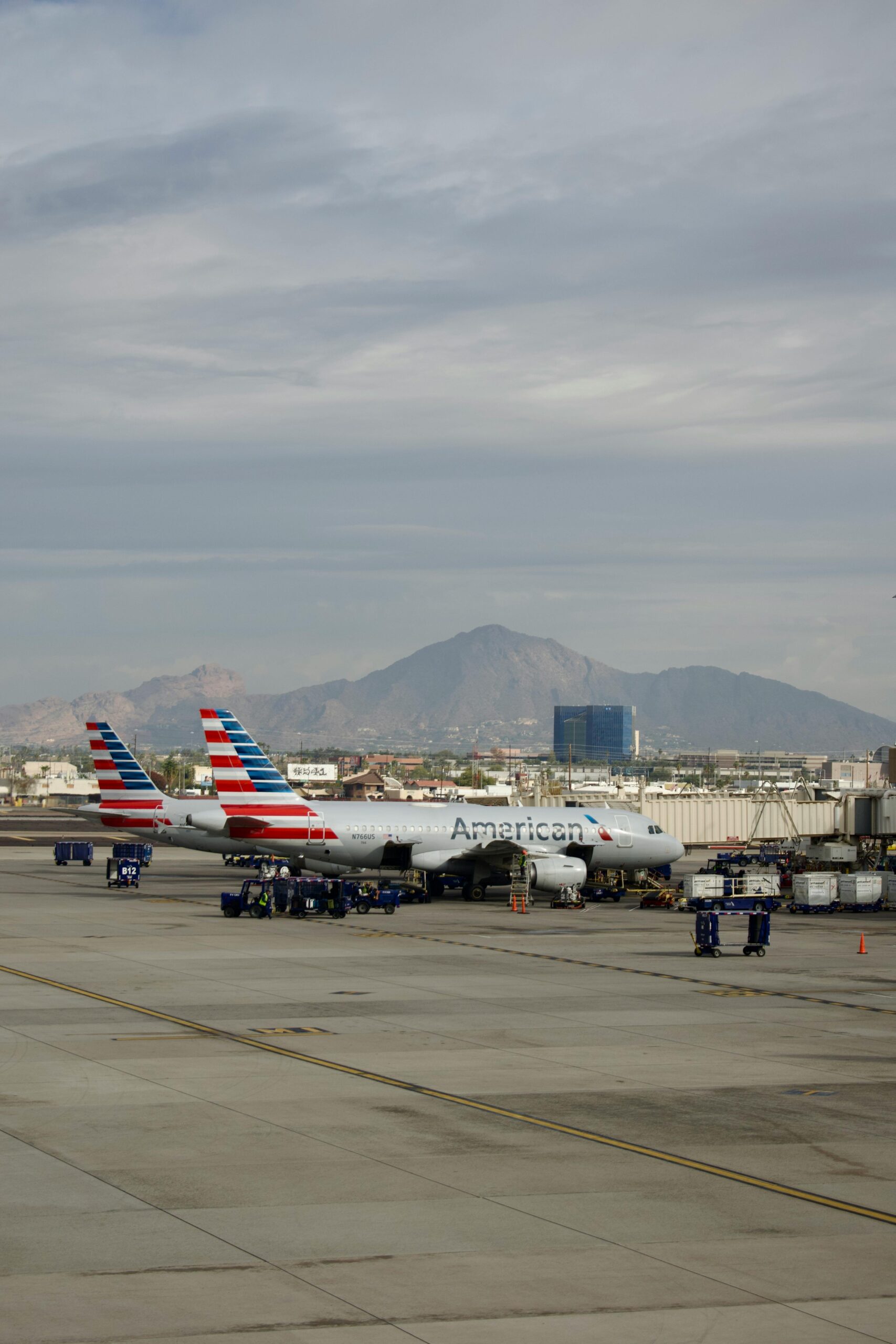

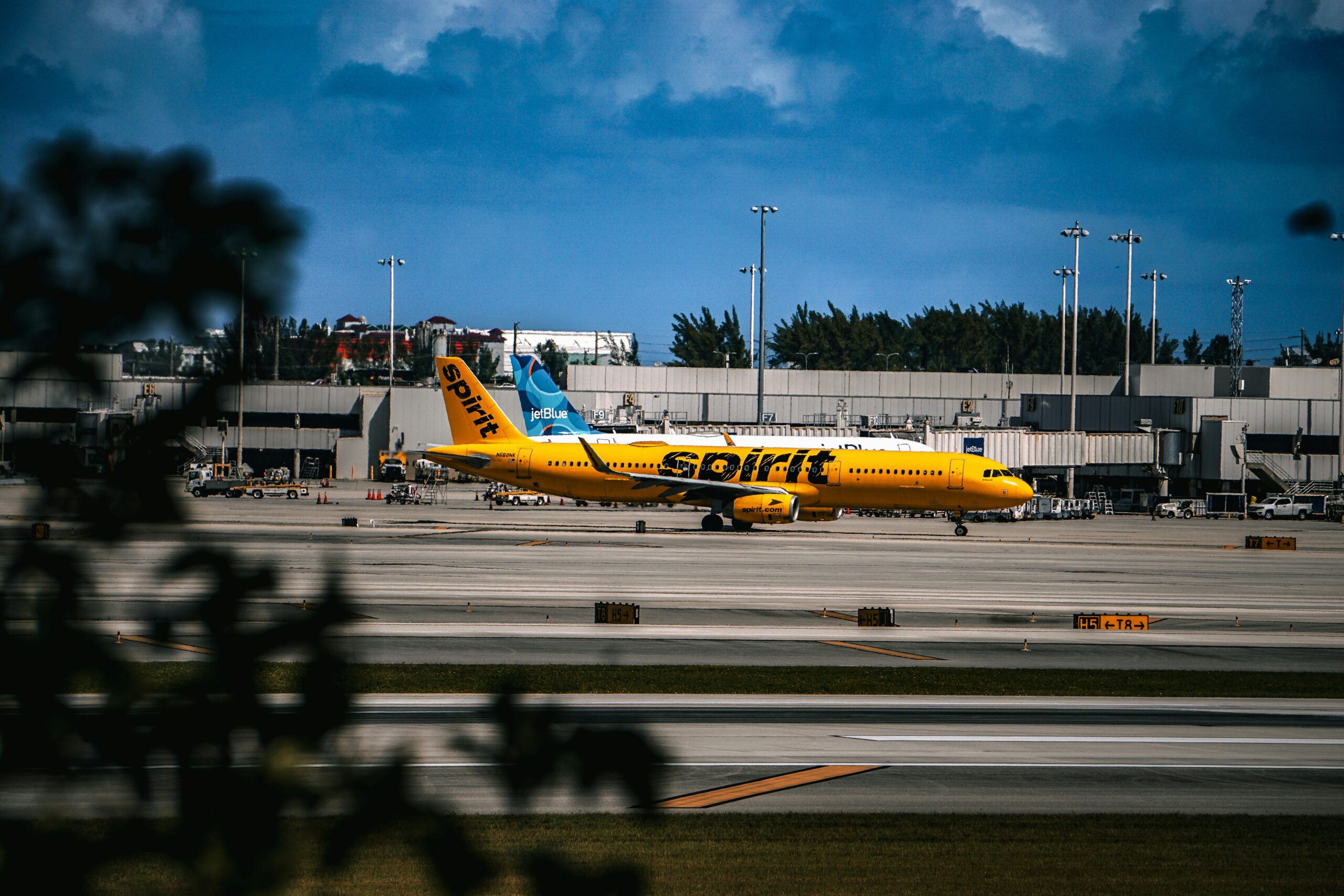

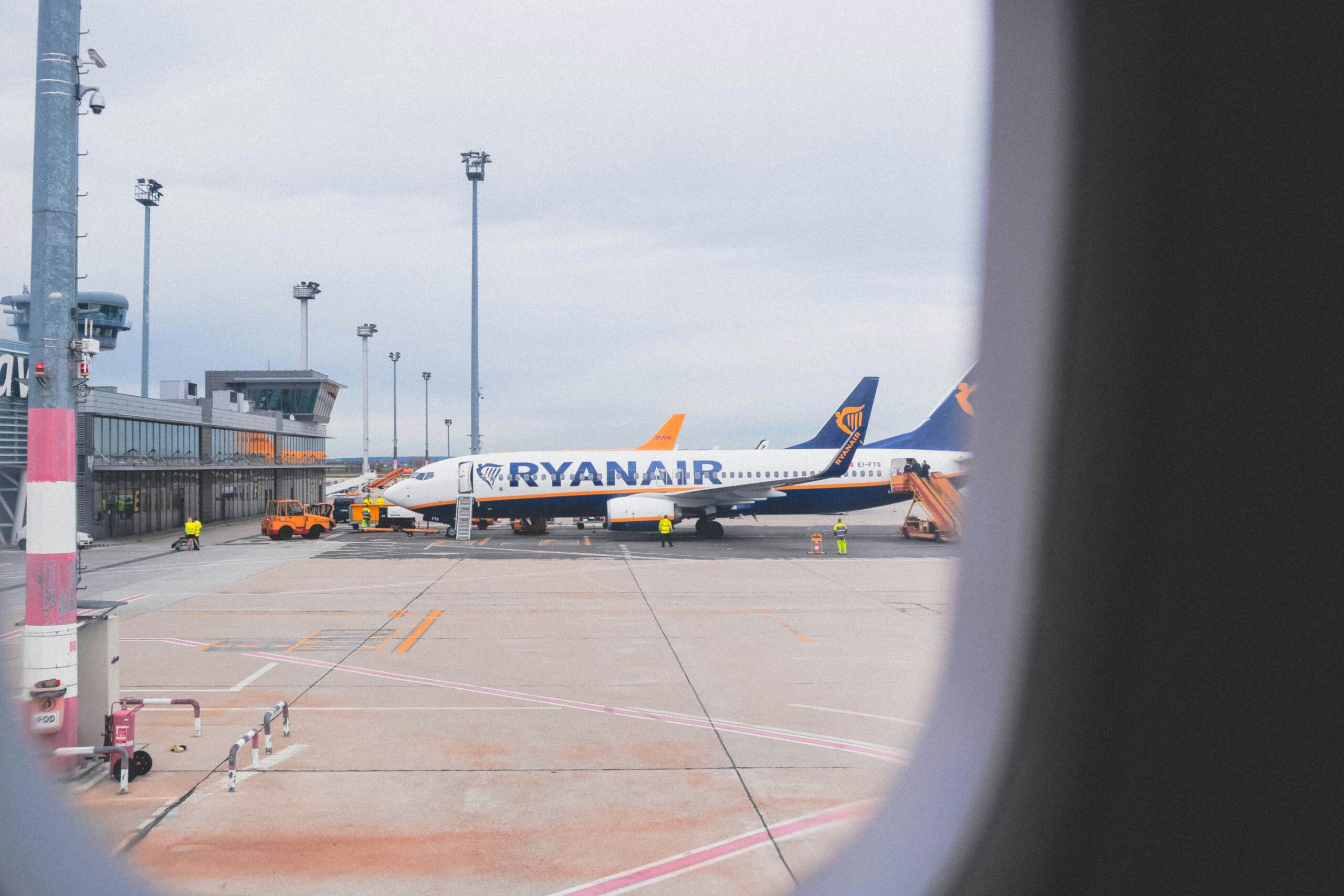
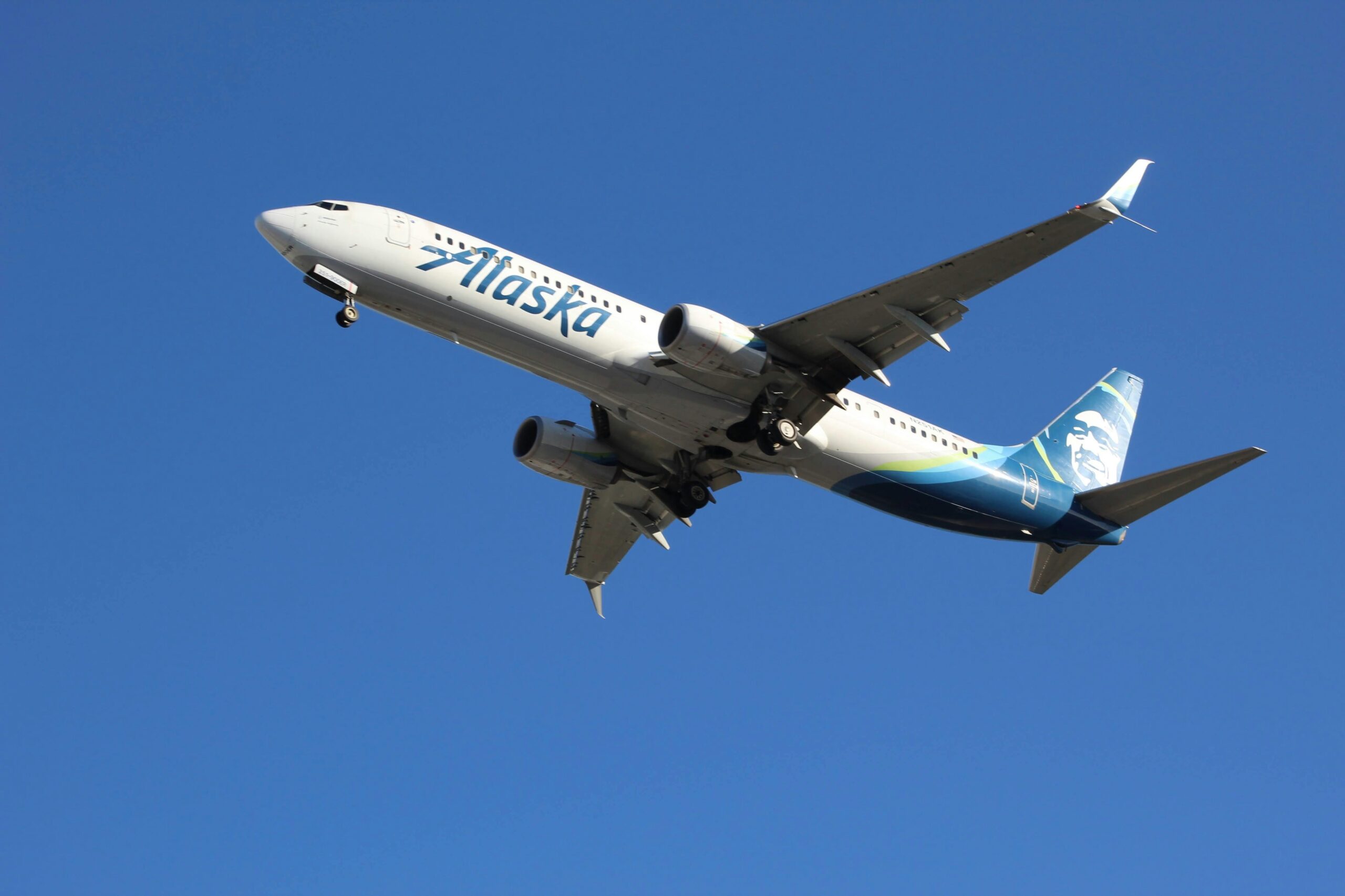
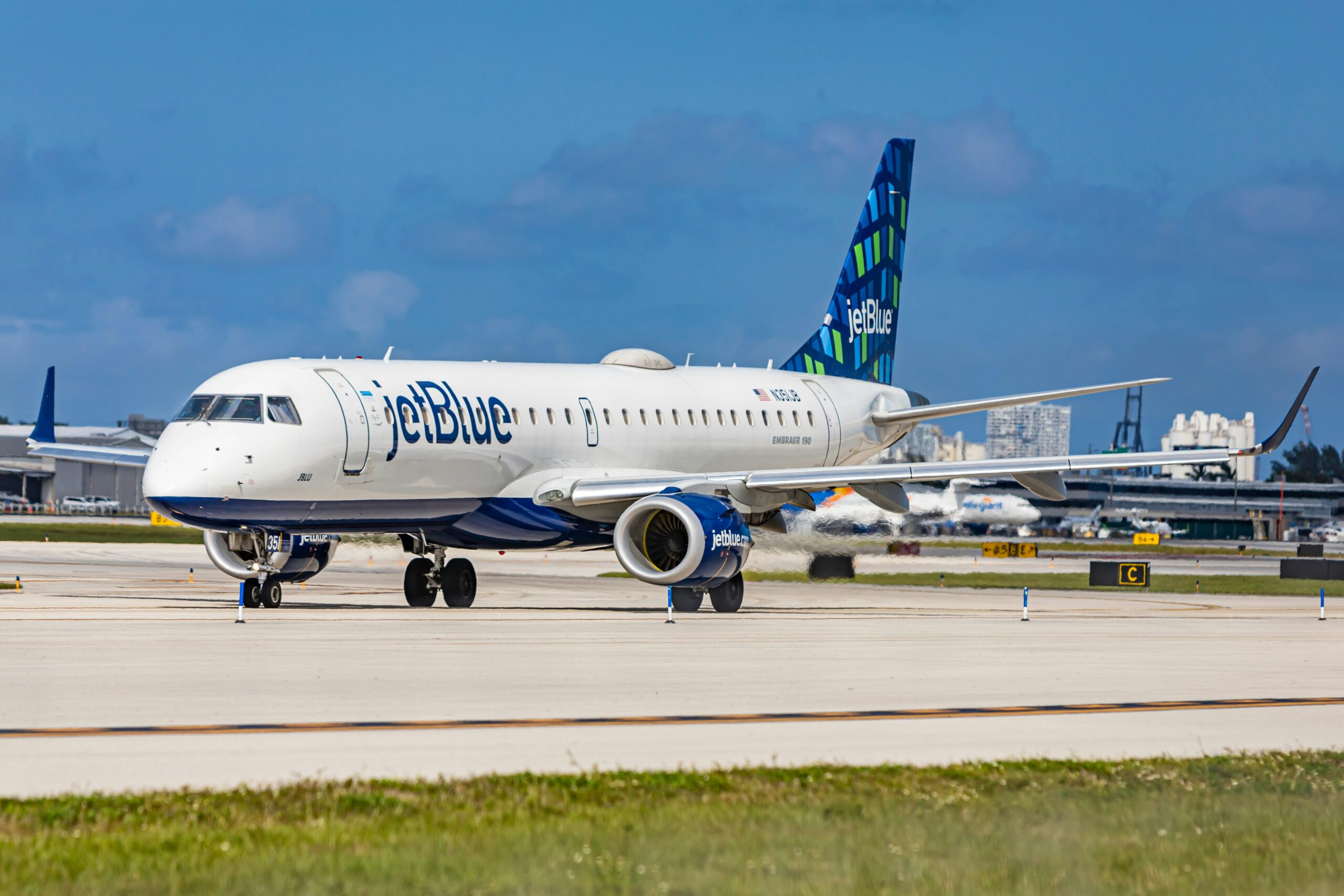




Leave a Reply